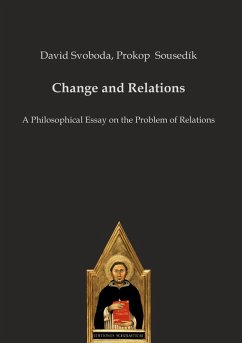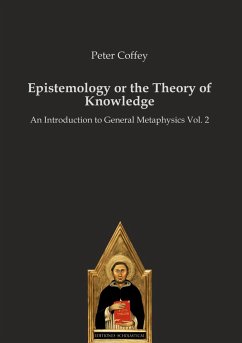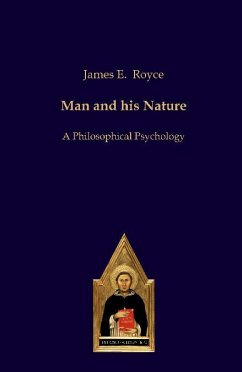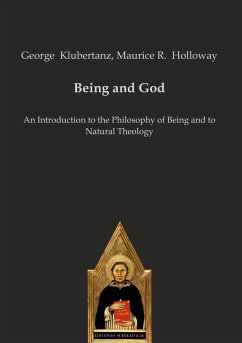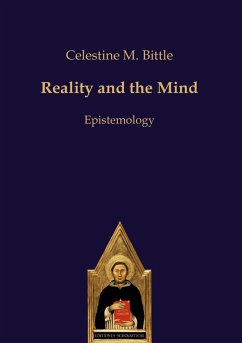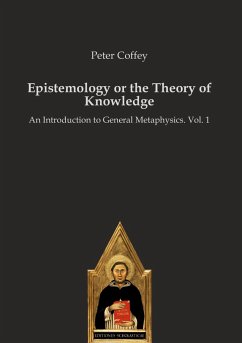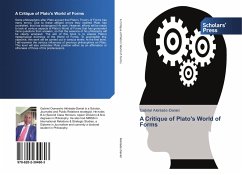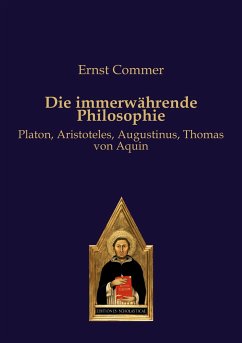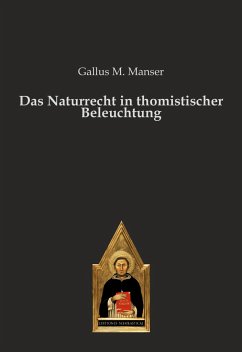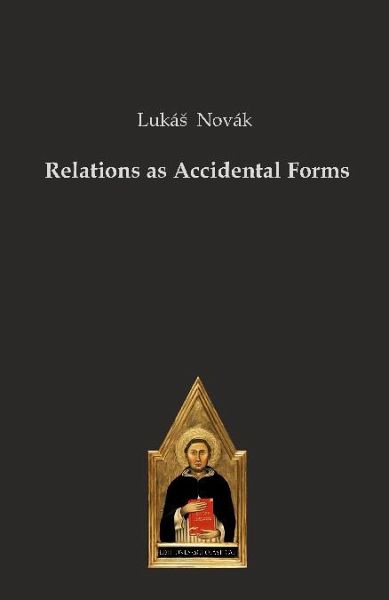
Relations as Accidental Forms
Versandkostenfrei!
Versandfertig in 1-2 Wochen
49,00 €
inkl. MwSt.

PAYBACK Punkte
0 °P sammeln!
Under the influence of the post-Fregean logical analysis, in the present discourse relationality tends to be identified with polyadicity and relations with universal polyadic predicates. This essay is an attempt to retrieve the Aristotelian understanding of relations as a genuine feature of the world of particulars, consisting of various kinds of "directedness" or "being towards" of one particular thing towards another. It emerges, however, that existing traditional theories are haunted with serious problems so that none of them appears to be defensible. The author undertakes a critical analys...
Under the influence of the post-Fregean logical analysis, in the present discourse relationality tends to be identified with polyadicity and relations with universal polyadic predicates. This essay is an attempt to retrieve the Aristotelian understanding of relations as a genuine feature of the world of particulars, consisting of various kinds of "directedness" or "being towards" of one particular thing towards another. It emerges, however, that existing traditional theories are haunted with serious problems so that none of them appears to be defensible. The author undertakes a critical analysis of some of the most important conceptions of relations proposed within the Aristotelian-Scholastic tradition and tentatively proposes his own Neo-Aristotelian solution.





